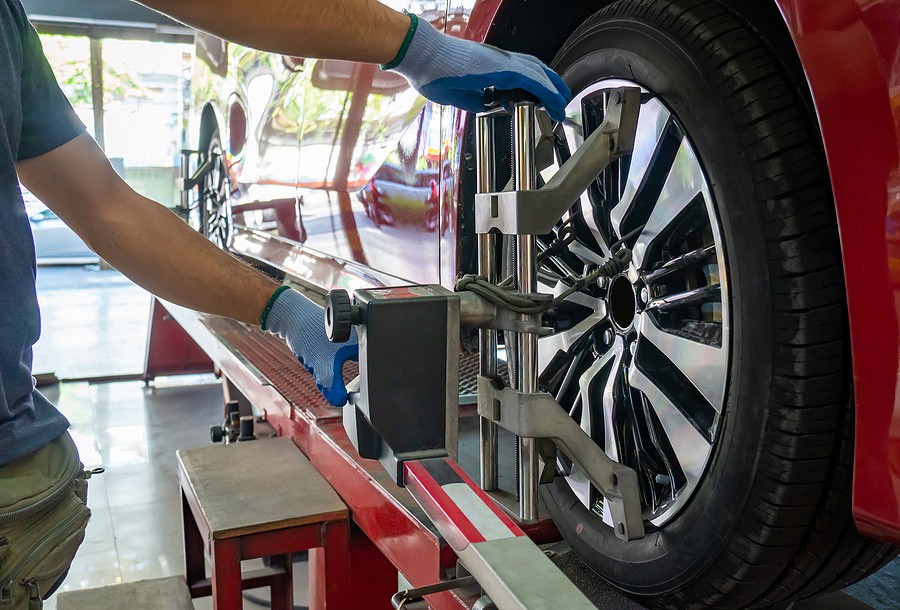When you have a damaged wheel, you might ask yourself, “do I need to replace the damage to you?” The short answer is yes! Ignoring a damaged wheel might lead to catastrophic safety issues.
Your vehicle's wheels are the components holding the tires in place. Since the tires are the first components interacting with the roads, it is important to maintain the wheels and make sure that they are operating properly.
On some rare occasions, the wheels might get damaged for some reason. That's when you should decide between replacing or repairing the wheels.
In this article, we will provide you with all you need to know to help you answer the question, “do I need to replace a damaged wheel?” More specifically, we will highlight all potential causes for damaging the car's wheel and whether you should fix or replace the damaged wheel.
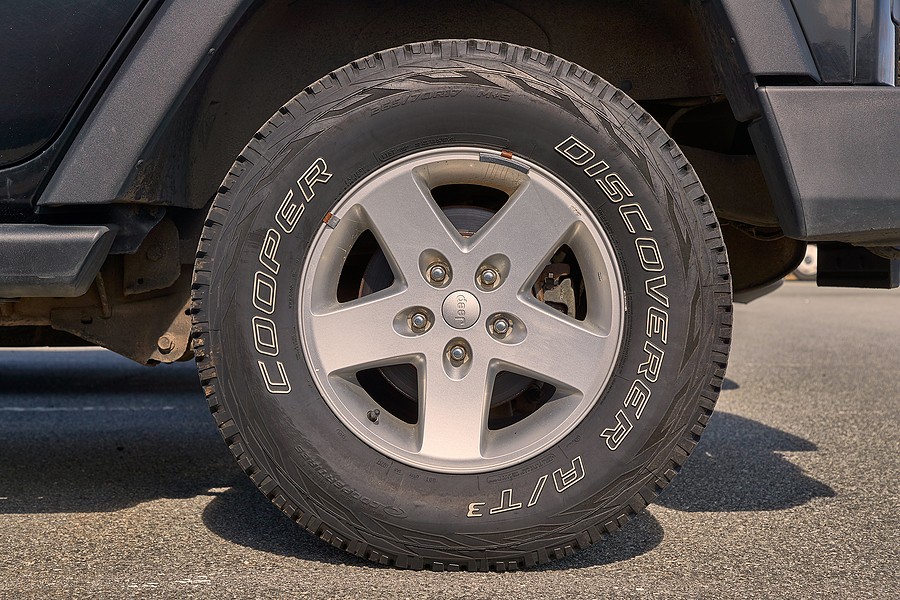
How can the wheel get damaged?
Before we dive into the details about “do, I need to replace the damaged wheel,” It is important to understand the potential causes of damaging the wheels and how to avoid them. Avoiding the causes is way easier than trying to fix the damaged wheel.
Let's take a closer look below at some of the common wheel damages causes:
1. Driving over curbs
In general, when you drive your car, you should be mindful about where you drive. This is because certain changes in the road level might impact the tires and the wheels, and the suspension system.
Many of us might have driven over the curb suddenly one or two times during the lifetime of the car. However, if this becomes a habit and happens continuously, you might get to a point where your wheels get dashed. Preventing this from happening should be your top priority if you don't want to deal with major wheels damages.
2. Driving on flat tires
The most common cause for damaging the rims and wheels is driving on a flat tire. The tire is responsible for absorbing any balances or other external forces and preventing them from getting into the wheels and damaging them.
If you don't have enough tire inflation, all that balance effect and energy will get to the wheels and cause them to crack and eventually get damaged. So therefore, you must maintain the tire pressure and not think about it in terms of the tire status and the overall effect on the wheels and the suspension system.
Even if you drive with fully inflated tires, sometimes, if you drive continuously on rough roads, you might deal with wheel damages because your tire is not strong enough to absorb all the forces. Thus, unless you drive on perfect roads, you should evaluate whether you have to go with higher quality, stronger tires or not.
3. Winter salt
Another important factor that could eventually damage your wheels is winter salt. This salt contains many chemicals that are strong enough to cause rust and corrosion on your wheels. As rust builds up and as you ignore the problem, the wheels will get damaged and need replacement.
The easiest solution for this problem is to wash your car every time you take a trip on a snowy day where salt is all over the roads. Or, you can even prevent this from happening by reducing your trips during the winter season and only focusing on what's necessary.
4. Driving over potholes
Not only will the potholes impact your suspension system but also, they can completely damage your wheels. Therefore, it's always recommended that you keep an eye on the road and prevent driving over potholes as much as possible.
For example, if you notice a pothole coming close, you can easily switch your lanes or try to drive over it slowly without causing any damages to the suspension system or the wheels. On the other hand, if you know that there is road construction or plenty of potholes and a particular driveway, you should always prevent driving in this world and take a better route to save your car and prevent future wheel damage.
5. Driving over unpaved roads and broken pavements
In summary, you should always avoid driving through unpaved roads or roads that have a lot of pavement damage is pure it. When driving on these roads, there's a very high chance for your car to go inside and outside, causing potholes suddenly damage to the suspension system and the wheels.
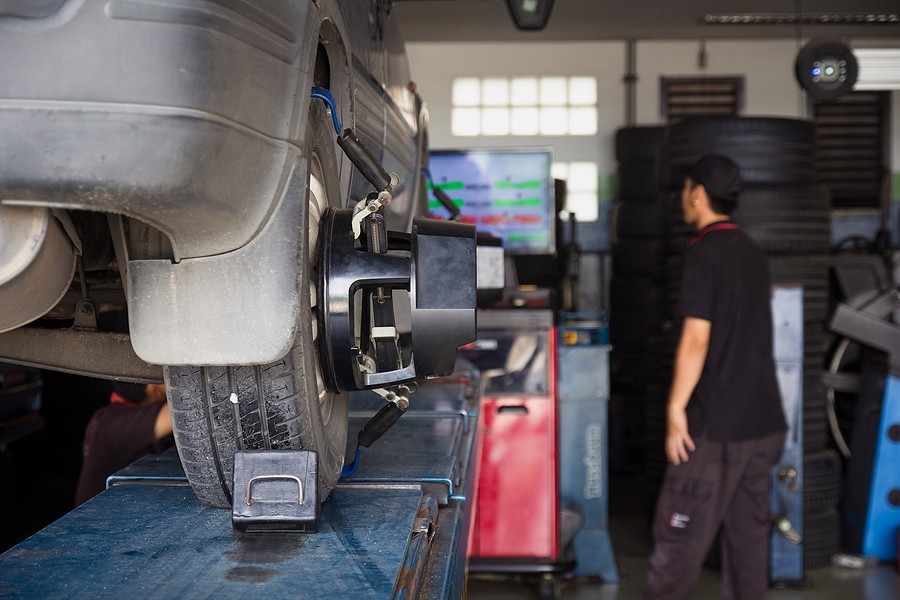
Do I need to replace a damaged wheel?
There are some instances where your real might not be completely damaged. In other words, it could be a shallow scratch or things that might look damaged to you, but it's not. In that condition, you don't have to replace the wheel.
However, if your mechanic confirms that the issue is severe and the wheel isn't a very bad condition, that's when you have to replace it to maintain your safety immediately. For example, severe damages include an unstable, cracked, or probably bent wheel.
The question then becomes, do you have to install a new wheel or fix the current one or purchase a used one? The short answer is it depends. For example, if the wheel is repairable, your mechanic will be able to decide whether this repair will resolve. On the other hand, if the wheel is completely damaged, then you'll either choose between a brand new or used wheel.
In this scenario, it will be up to you and depending on your budget about whether you have to buy a new or used one. Keep in mind that if you decide to save money and go with real use, sometimes it doesn't guarantee that you won't deal with sudden similar problems shortly. That's why you'll have to be careful about changing the wheels, and if you can go with a brand new original one, that's the best scenario. But, of course, this might not be the case for every driver.
What are the symptoms of a bad or damaged wheel?
As we mentioned before, sometimes it can be challenging to tell whether your wheel is completely damaged or it's just an external issue. Therefore, understanding the following symptoms of a bad or damaged wheel helps you make an informed decision about whether you should replace it or not:
1. Vibrating steering wheel
The first and most common symptom indicating a bad or damaged wheel is when you see or notice a vibration in the steering system. The steering wheel is directly connected to the wheels, and if the wheel is not in good condition, the steering will not behave as it should. Therefore, you'll notice this vibration as you try to control your car.
2. Hard to handle the vehicle
In some severe scenarios, you might not even be able to control your car and steer it as it should. For example, turning the steering wheel will not help you control the car if the wheel is severely bent. This is a very difficult and hazardous situation that might lead to major car accidents.
3. Visible damages
If you have the right skills, you might perform a quick visual inspection. Take a closer look at the wheels and see if something looked off to you. For example, you might notice that the wheel is bent or see a clear major crack in the wheel. If that's the case, you should immediately have you're mechanical replace the wheel to prevent any catastrophic outcomes.
4. Continuously deflating tires
Another common symptom indicating that you have an issue with a wheel is when your tires keep deflating. The tire should not deflate in a very short time. Yes, it is expected that the tires will lose some of their pressure at some point and because of clear reasons.
However, if there wasn't any reason for the continuous tire deflation, it could be a problem with the wheels, and that's where you need to have your mechanic perform a thorough inspection and confirm that the issue is coming from the bad wheel.
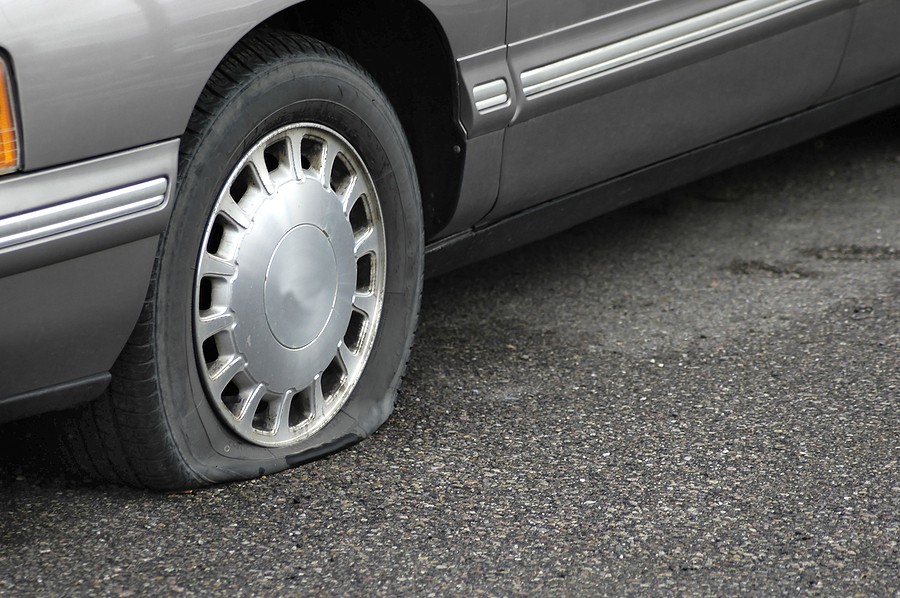
Can I continue driving my car if it has a damaged wheel?
It depends. Sometimes if the wheel damage is minor and it just started, you might be able to continue still driving your car if you're at; however, if the damage is severe, you might deal with sudden problems that could cause the wheel to pop off your vehicle and deal with the difficult, hazardous situation as you're driving your car.
Therefore, even if you still can't continue driving a car with a damaged wheel, it is never a good idea because, as you can imagine, dealing with these difficult situations will not pick a time to happen. Instead, it can happen when driving at highway speed which means a catastrophic outcome!
How much does it cost to replace a damaged wheel?
Unfortunately, replacing the wheels is not a cheaper pair, and it can range from $700 to $750. Keep in mind that labor cost is another big component for wheels replacement costs.
For example, if you had and small independent shop fixed the wheels, you don't need to worry about labor costs as much. However, if your vehicle is luxury and you had to get it replaced at a dealership, that's when labor costs can climb up significantly.
Can I replace the damaged wheel myself?
Unfortunately, wheels replacements is not a very easy job because it involves lifting your car, and it might require certain tools. That's why if you don't have the right mechanical skillsets and if your tools are not available, it might make the most sense for you to have the wheels replaced at a professional shop.
The other thing to think about is wheels replacement doesn't only require removing the part and installing the new one. It also involves performing a wheel alignment and ensuring that nothing is off to ensure that your driving is safe.
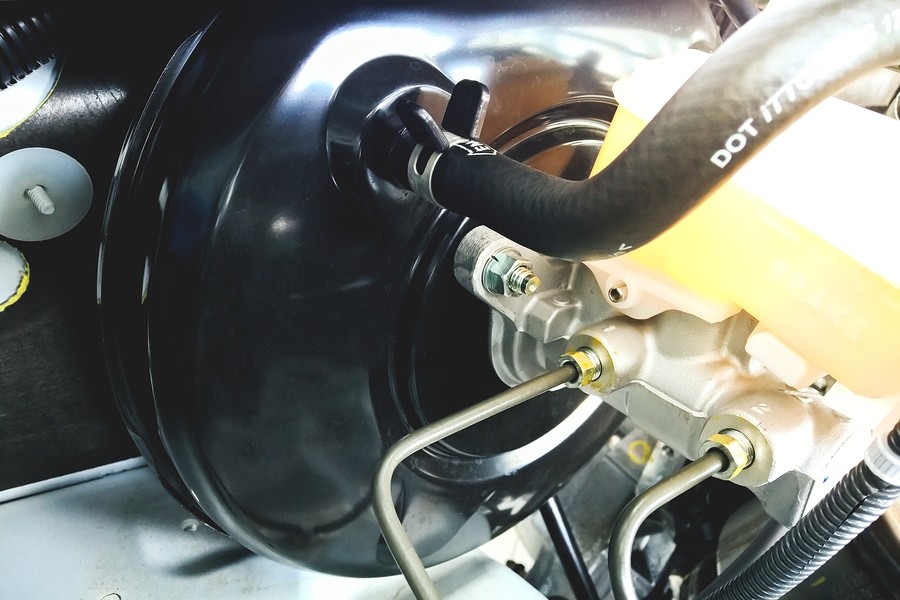
Final thoughts
Your vehicle's wheels are important elements that keep your vehicle in place and prevent safety issues. Unfortunately, there are plenty of reasons that could get the wheels to get damaged at some point during the lifetime of your vehicle. However, the question always remains, “do I need to replace a damaged wheel?”
As we highlighted in this article, you need to replace the damaged wheels immediately once you confirm that they're completely damaged. Waiting for more time might easily get you involved in a hazardous situation that could cost you your life!
Since wheels and replacement cost is not cheap, sometimes it might require a little bit of research for you to decide whether you should fix the wheels or sell your car. If your repair costs approach 75% or more from your vehicle's value, you must not waste your time and energy getting this car to work and selling it instead. Keep in mind that finding a private buyer to accept a vehicle with damaged wheels is almost impossible, however, that's not the end of the world because cash cars buyer can always help you!
Cash Cars Buyer is one of the top-rated car removal companies in the nation that guarantees to pay you the top dollars and provide you with free towing despite your living location around the United States.
Our process is very straightforward and doesn't take more than a couple of days to get your car removed safely and for the most money.
All it takes you is to:
- Describe your car’s type and condition
- Receive our instant free quote
- Accept the quote
- Get your car removed and receive your cash payment on the spot!
To learn more about our process and our teen, you can reach out to us by calling us at (773) 791-4363 or visiting our home page click on the free instant online offer.

